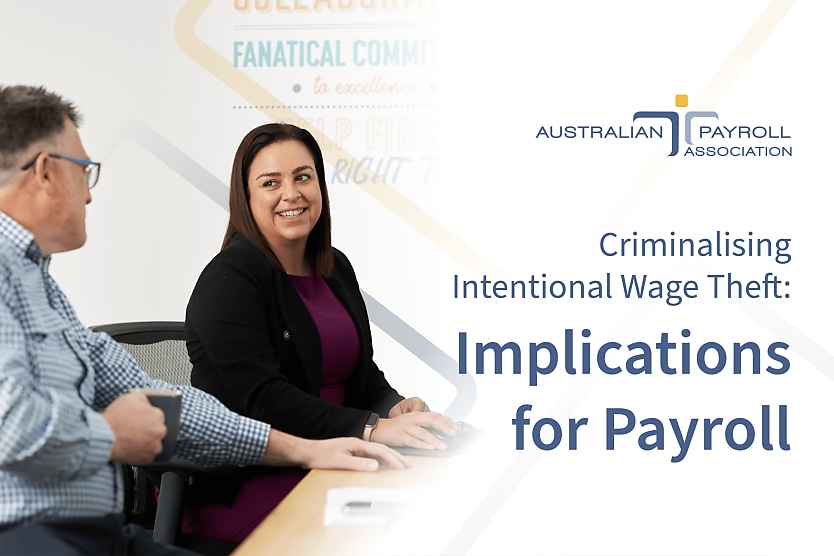
Starting no later than January 1, 2025, significant legal changes will target employers intentionally engaging in wage theft under the Fair Work Act (FW Act) or a Modern Award or Enterprise Agreement.
The legislation introduces severe penalties, including imprisonment and substantial fines, reflecting the government’s commitment to protecting employees’ rights.
Scope of the Law
The new legislation criminalises intentional wage theft, where employers deliberately underpay employee wages. To convict, the prosecution must prove the employer’s intent beyond a reasonable doubt. Honest errors, such as miscalculations, are excluded. Underpayments can include various entitlements, including base pay, penalty rates, overtime, allowances, leave entitlements and notice periods.
Fair Work Ombudsman’s Role
The Fair Work Ombudsman (FWO) will oversee investigations relating to underpayments, and if they suspect wage theft has occurred, can refer the matter for prosecution. They will ensure employers comply with their obligations and will hold those who deliberately underpay employees accountable.
Penalties if Convicted
The penalties are severe. Companies face fines of up to $7.825 million or three times the underpayment amount, whichever is greater. If the court cannot determine the underpayment, the fine defaults to the maximum amount. Individuals can be imprisoned for up to 10 years and fined up to $1.565 million or three times the underpayment, whichever is greater, or face both imprisonment and fines.
Current State Legislation
Currently, Queensland and Victoria have wage theft laws. In Queensland, deliberate wage theft can result in up to 10 years’ imprisonment. Victoria imposes penalties of up to $1 million and 10 years’ imprisonment for dishonest withholding of employee entitlements. The federal law will unify these efforts, ensuring consistent nationwide penalties for intentional wage theft.
Preparing for the Changes
The upcoming changes highlight the need for employers to review their existing payroll processes and supporting frameworks to ensure they are delivering continuous payroll compliance ensuring employees receive their minimum entitlement under the national Employment Standards. Employers should also verify the applicable awards/agreements for all employees and confirm compliance with all entitlements. Maintaining accurate records of employee pay, time worked, and leave entitlements for at least seven years is essential.
If you have any concerns about compliance, the Australian Payroll Association's team of experts can assist with a comprehensive review. For more details on how we can support you, please download our brochure, read our case study, or contact us here for a confidential consultation.










